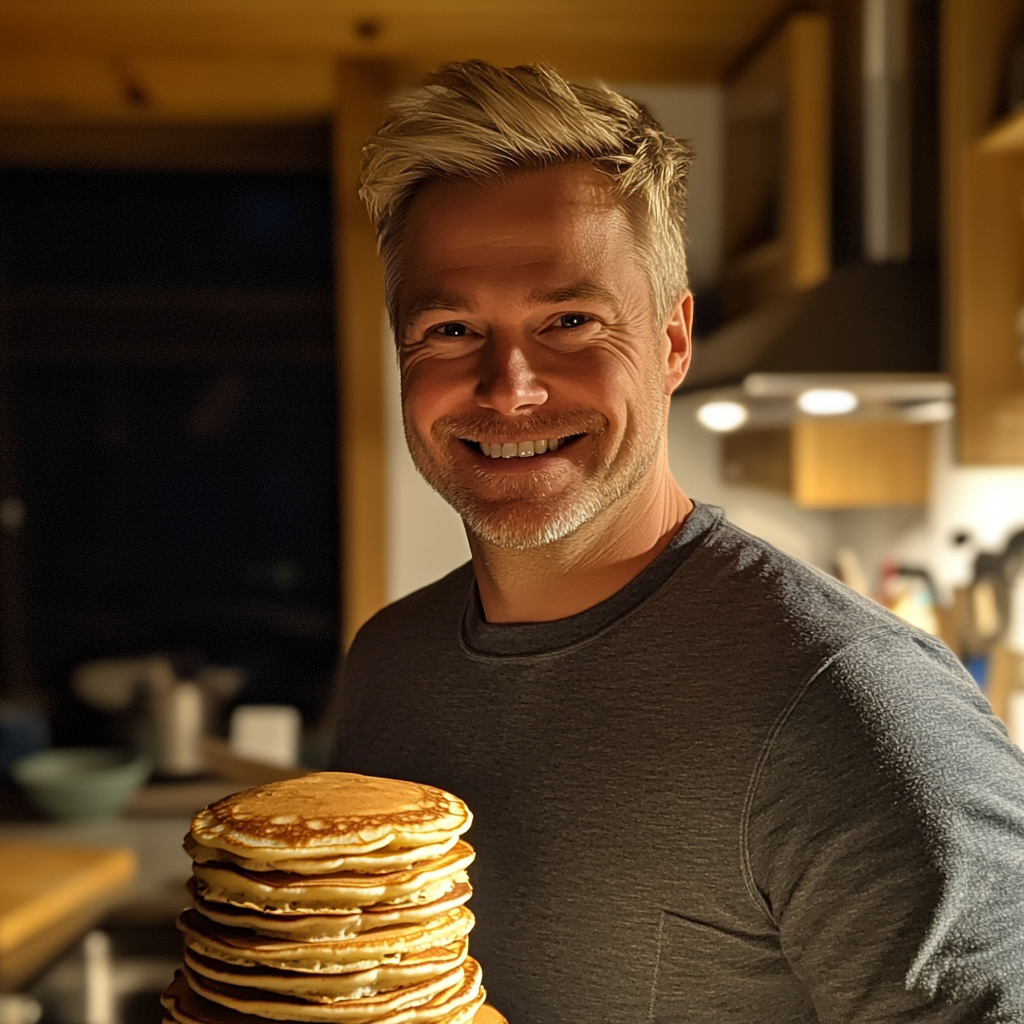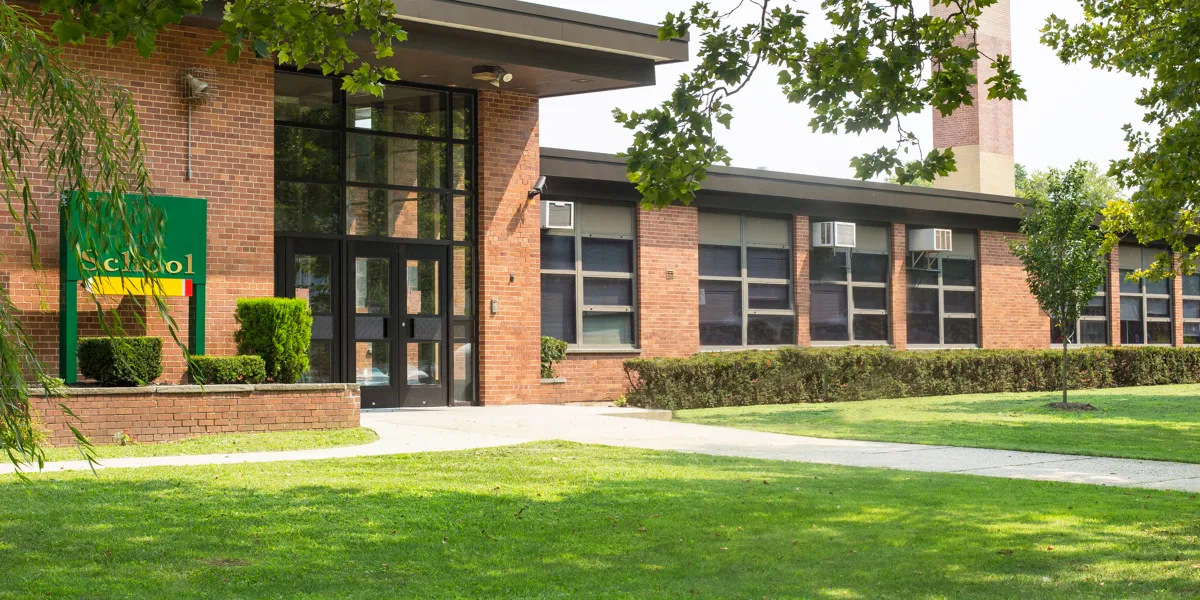When my son, Mason, chose to live with his dad after our divorce, I stepped back, hoping it would help them bond. But when his school called about failing grades and odd behavior, I knew I had to dig deeper. What I learned about life at his dad’s house pushed me to bring him home and rebuild our connection.
I’m Claire, and Mason’s my 14-year-old. After my split from Eddie, Mason missed his dad’s playful side—the late-night burger runs, the silly dance-offs at his games. When he asked to live with Eddie, I said yes, thinking it was right for them. I’d still have Mason on weekends, but letting him go hurt more than I expected. I told myself I was supporting their relationship, not losing my son.

Early on, Mason seemed fine. He’d send me funny texts, like photos of him and Eddie with lumpy pancakes or goofy selfies. I treasured each one, convincing myself he was thriving. But then his messages slowed. Calls stopped. His replies became short, like “okay” or “later.” Then his teachers reached out. One mentioned missing assignments. Another said he seemed distracted, like his mind was elsewhere. The worst was his English teacher, who said he’d cheated on a quiz. “He’s not acting like himself,” she said. “He seems lost.” That word stuck with me, heavy and cold.
Mason was always a bright kid, double-checking his work, proud of his grades. This wasn’t him. I called him, but he didn’t answer. I left a voicemail, my hands shaking, and got silence. I looked at the last photo he sent—him and Eddie with a wonky pie—and felt dread. I called Eddie, keeping my voice even, not wanting to seem pushy. “Is everything okay with Mason?” I asked. He brushed me off. “He’s just a teenager, Claire. You’re overreacting.” That word stung, reminding me of when he’d dismiss my worries about baby Mason’s cries while I sat up alone.
I wanted to trust Eddie, but my instincts screamed. One rainy day, I drove to Mason’s school, waiting in the lot. When he walked out, soaked and slumped, my heart broke. He got in the car, silent, his eyes dull. I handed him a protein bar, but he didn’t take it. “I can’t sleep, Mom,” he mumbled, barely audible. “I don’t know what to do.” My chest ached as he opened up.
Eddie had lost his job soon after Mason moved in but kept it secret. The house was falling apart—no food, shaky lights, a broken stove. Eddie was out most nights, saying he was working, but Mason doubted it. My son was eating dry cereal or spoonfuls of jam, doing homework by flashlight when the power flickered. “I didn’t want you to think Dad was a mess,” he said. “Or me.” Mason wasn’t failing because he didn’t care—he was surviving, trying to hold his dad up while sinking.
I took him home that night, no questions, just a mom’s gut. He slept for hours, looking peaceful at last. The next day, he asked for his old rocket mug, and I found it, swallowing tears. I quietly filed for custody, not to hurt Eddie but to give Mason safety. Eddie was struggling, but my son needed me more.
Mason was quiet at first, moving through the house like a ghost. I kept things steady—warm meals, soft lights, no pressure. We started therapy, letting him choose the pace. I left notes on his door: “You’re so strong.” “I see you.” They stayed up, and one morning, I found his note on my table: “Thanks for being here, Mom.” I held it close, tears falling.
He started to shine again. He joined the tech club, showing me a clunky robot he’d built. One evening, he laughed when his cardboard bridge fell apart, saying, “Next time.” That laugh warmed me. At the school’s year-end event, he won “Most Resilient Student,” walking proudly, waving to me and Eddie, who sat quietly in the back, eyes misty. That moment tied us together.
Eddie calls Mason now, chatting about school or old jokes. It’s not perfect, but it’s progress. Mason’s room is a happy mess—sneakers everywhere, posters crooked. He teases me about my old music and begs for neon hair. I love every second. I’ve learned love means showing up, not stepping back. Mason needed me to reach for him, and I’ll always be glad I did.


